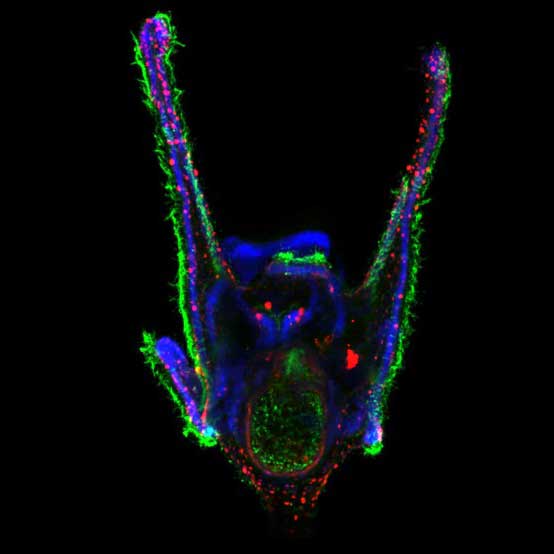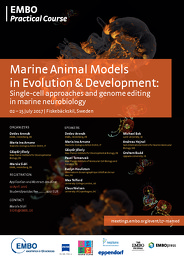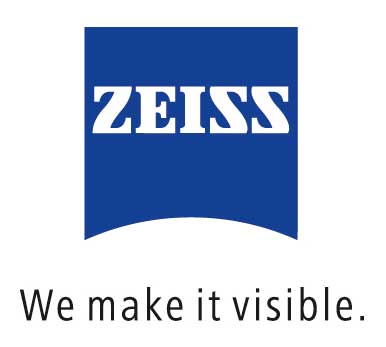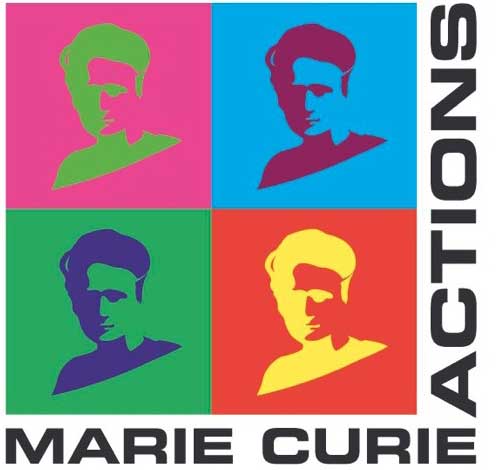About the Practical Course

This EMBO Practical Course will give an introduction into genome editing, single neuron characterisation, modern imaging techniques, and various behavioural assays to study the neurobiology of marine larvae from a comparative perspective. The course will have an integrative agenda, where we will combine the study of freshly collected zooplankton samples with training in genome engineering, single cell sequencing and other state-of-the-art experimental approaches in three established laboratory marine animal models. The scientific focus will be on the molecular and functional characterisation of the neuron type complement in marine larvae.
During evening lectures and discussions we will cover in depth the theory of comparative neurobiology and cell type evolution. During the practical sessions we will provide strong training in live tissue labelling, tissue dissociation, single cell library preparation, immunostaining, whole-larvae light-sheet imaging, microinjection, and gene editing approaches such as Crispr-Cas9 to study marine larval neurobiology. We will also give hands-on experience in behavioural and pharmacological experiments with planktonic larvae using high-speed video-microscopy and subsequent image analysis. We will have access to a large diversity of samples at the Marine Station including larvae of annelids, phoronids, cephalochordates, cnidarians, and echinoderms. Freshly collected larvae and microinjected larvae of the model organisms will be assayed for phototaxis, vertical migration and settlement behaviour, and will be stained with neuron-specific markers.
About EMBO Courses and Workshops
EMBO Courses and Workshops are selected for their excellent scientific quality and timelines, provision of good networking activities for all participants and speaker gender diversity (at least 40% of speakers must be from the underrepresented gender).
Organisers are encouraged to implement measures to make the meeting environmentally more sustainable.








